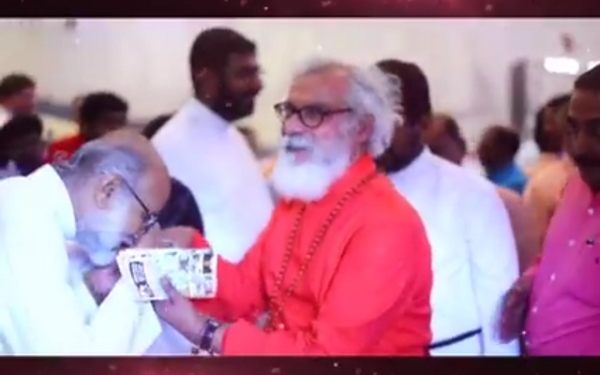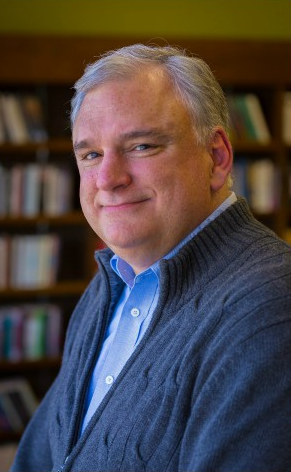My series of blogcasts this summer was fun and well received so I thought I would follow up with some additional conversations. The first one drops today and features Greg Thornbury, Vice President for Development at New York Academy of Art in NYC. Greg was once president of The King’s College in NYC and has a long history in evangelical institutions. I continue to get positive feedback about our first interview.
Greg and I discuss Eric Metaxas’ punch and run episode, COVID truthers, Al Mohler’s shift to Trumpism, the meaning of the recent conservative attacks on wokeness, and the potential bitter consequences of Trumpism.
Hope you find something of interest and enjoy the conversation. Please feel free to comment below.
Gregory Alan Thornbury, Ph.D., has been a college philosophy and theology professor, dean, and president of The King’s College in New York City. In addition to several books on theology and culture, he is the author of Why Should The Devil Have All the Good Music: Larry Norman and the Perils of Christian Rock (Random House, 2018) – a critically acclaimed biography that has been reviewed by The New York Times, The New Yorker, National Public Radio, and was awarded as the most influential book in arts and culture by Christianity Today for 2019. A popular writer and speaker on philosophy, religion, and the arts, he currently serves as Senior Vice President at the New York Academy of Art in Tribeca, founded by Andy Warhol. He is also a consultant for Good Country Pictures, who is currently working on film adaptations of the short stories and novels of Willa Cather, Walker Percy, and Flannery O’Connor for film and television.
You can see all posts about these interviews by clicking this link.
Also subscribe to my Psychvideos Youtube channel where I host them.




